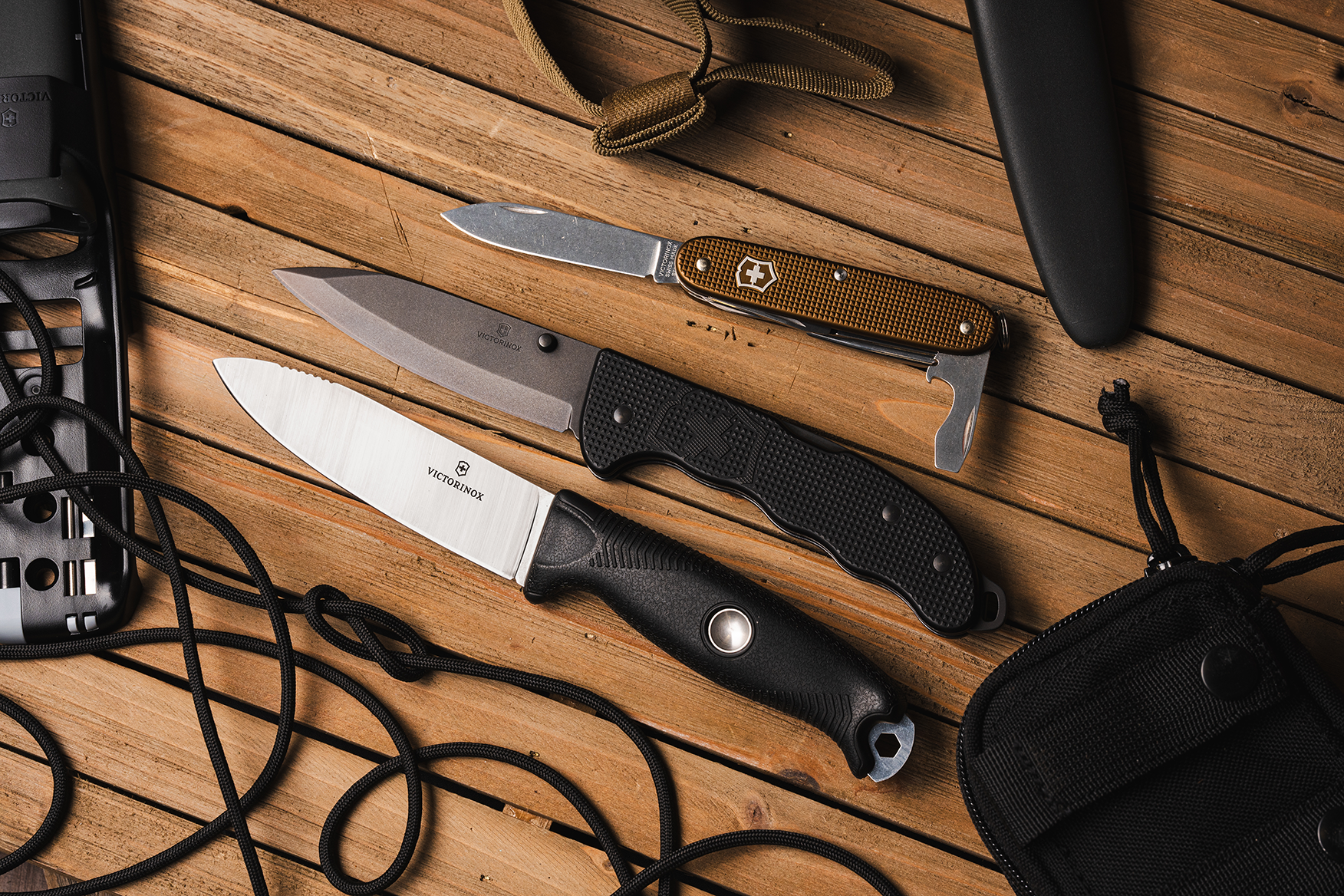 We always love hearing new and interesting ways you, our readers, are using your lights. You can think you have heard it all, but then something new comes along and really changes the way you view your flashlights. A new perspective on an old hobby. One such hobby recently caught our eye, thanks to one of our readers.
We always love hearing new and interesting ways you, our readers, are using your lights. You can think you have heard it all, but then something new comes along and really changes the way you view your flashlights. A new perspective on an old hobby. One such hobby recently caught our eye, thanks to one of our readers.
A few days ago I was contacted by one of my readers. She had a question about which flashlight would be best for turtle watching at night. At first I was confused, as I had not really explored this hobby too thoroughly. I wanted to help her out, but I knew I needed to do a little research into what light would work best for her hobby.
First, a little background, in looking around the web, I discovered that an abundance of sea turtles lay their eggs at night. When the mother turtle lays her eggs, she goes into a trance-like state. By laying her eggs at night, she is less likely to be bothered while she lays the eggs, and predatory birds are less likely to see where she lays them, thus protecting her little ones from being eaten. Secondly, most often the baby turtles will hatch at night. Why you ask? Several internet resources say the babies don’t know what’s going on, they just follow the brightest light. If they hatch at night, the brightest light will be the reflection of the moon on the ocean water, therefore leading them to the ocean. It is also believed, much like the mother turtle, they will be more protected from predators in the darkness of night. Now I am absolutely no expert on turtles, this is all just info I am finding online, so please feel free to correct me if I am wrong.

So why am I telling you all of this on a flashlight blog? Well, it just so happens an interesting hobby has emerged that brings together the world on flashlights and turtles. Many turtle enthusiasts will gather along the beaches during nesting season to either see the mother lay her eggs, or to see the little hatchlings emerge for the first time. And, as I have mentioned above, this usually happens at night. Unless you have some superhuman ability to see in the dark, most of us would be left on the beach starring out at darkness. Thus, you need a flashlight. But here is where things get tricky, if you are flashing a light you run the risk of scarring off the turtles, damaging their newborn eyes, or confusing them away from the protection of the ocean. So your choice in flashlights should be very particular.
So far, the best method for turtle watching, is to use a Red LED flashlight. They are less disorienting to the turtles, and less likely to hurt them or scare them away. So where can you get some great Red LED lights? Hopefully I can help you out.
First we have the Coast TX10 4 Color LED flashlight. The light is probably one of the best choices available to you. Running on AAA batteries, this light has a max runtime of about 8.25 hours, so you don’t need to worry about switching out batteries in the dark, when you should be watching turtles instead. Its mulit-colored options let you select from blue, green, regular, and of course red. You can use the red option while turtle watching, then switch back to the regular light to make your way back from the beach safely. At only $24.95, this is a very affordable and versatile light, for a great new hobby.
Or, if you are looking for something smaller, and more portable, go with the LRI Photon Micro-Light II Red. This small red LED light is perfect for clipping on your keychain, for those “Emergency Turtle Watching” trips. You can always have this little guys accessible for whenever you need it most. It also makes a great way for the kids to get involved in the hobby of turtle watching without having to give them an expensive flashlight.
I also found the Glo-Toob Red Lighium Electric Light Stick. With a run time of 100 hours, this Glo-toob is the perfect alternative to a chemical light stick. Also equipped with keychain, you can hook this guy on your car keys, or backpack, making it very accessible. As an added bonus, this light is water resistant, so you don’t need to worry about carrying it out on the beach.
These are just a few options that would work great for all your turtle watching needs. Hopefully we have helped you out, and given you the proper tools to head out and see nature at work. As always, please be respectful and safe with all wildlife. Only use these lights to admire the turtles from afar. If you have any questions please leave them in the comments below. Or, if you have your own personal turtle watching story, please share. As always, we leave hearing new and unique ways LED lights are being used.





